|
Dailey, Randolph County
Construction Date: 1939 Threat: Maintenance; Funding; Closure April 2019 Update: The Tygart Valley Homestead Association has made a lot of progress in the building in recent years, but there is still much work to be done to make the building fully functional. The Association repaired and replaced the entire roof as of August 2018. However, before the roof was repaired over the kitchen and cafeteria, water had leaked into those areas and ruined the floor. The Association has been unable to use the kitchen to sell concessions or prepare food for fundraisers because the floor is not ready to move the appliances back into the kitchen until the subflooring is replaced and laminate placed on top. When the school closed following the storm that blew off the roof, much of the supplies and furniture were left inside the building. So the Association has been doing a lot of cleaning and going through items left behind in the building. The Association has begun to rent the classrooms and gym for parties and events, and there have been "Open Gym" opportunities every Saturday for local children to play basketball. The gym floor is in need of replacing, also, and PAWV's AmeriCorps member, Sharell Harmon, recently recruited the local Youth Build AmeriCorps members to tear up the floor. Another challenge has been the utility bills, which have been very high and have used up much of the Association's savings. The Association has been fundraising through various events and hope to start a farmers market/flea market in the spring. 2017 Update: In May of 2016, Homestead School was one of two schools under consideration for closure by the Randolph County Board of Education (BOE) - due to financial constraints, several failed school levies, a decrease in student enrollment, and costly structural and maintenance issues. Tygart Valley Homestead Association (TVHA) and the community had a long struggle to sway the BOE to reconsider the Homestead School closure because of the building’s historical value, as well as its value as a community centerpiece. In December 2016, the BOE unanimously voted to keep Homestead School open. On August 9, 2017, the Homestead School was closed indefinitely by the Randolph County Board of Education (BOE) and the State Board of Education due to a severe windstorm that hit the Dailey community. On March 1, 2017, the windstorm blew off the gymnasium roof. That roof subsequently landed on the cafeteria roof causing additional damage. The devastating damage made it necessary close the school and move the students to a different school to finish out the school year. The temporary roof cover that was applied and was immediately blown off after installation. The BOE has made no attempts to start repairs on the roof and water continues to enter the building causing further deterioration. As part of the Depression-Era New Deal program, the U.S. Department of Agriculture had deeded the building and its 17 acres to the County BOE. The County BOE has agreed to send a letter of support to the USDA to deed the property and land to Tygart TVHA. Until the deed is given to TVHA, no repairs can be made, the building will continue to deteriorate, and TVHA’s hopes of repurposing the building as a community center will be at a standstill.
2016: Homestead School is an elementary school serving the Tygart Valley Homestead communities of Dailey, East Dailey, and Valley Bend. Located on a 17-acre tract, the school, designed in the Art Moderne style, was an important link in the initial resettlement plans that responded to the issue of desperate families in rural West Virginia during the Great Depression. The Tygart Valley Homestead was authorized as part of the Roosevelt Administration’s First Hundred Days legislation and was the third, and largest, successful resettlement program in West Virginia. The school, which featured First Lady Eleanor Roosevelt as its first graduation speaker, is the last of 99 original homestead schools built that is still in operation. Homestead School is endangered with closure due to lack of funding to maintain and rehabilitate the school. While the actual economy in the region is declining, settlement in the Homestead zone that feeds the school has increased; in the 10-year period of 2004-2014, the school population increased from 99 students to 150 students. The school is owned by the United States Department of Agriculture, but it has a long-term lease to the Randolph County Board of Education (RCBE) necessitating it to be run as a school and community center. Homestead School is one of fifteen schools the board maintains in a county with a sparse population and a low tax base. The Board was recently unable to pass a bond levy, which would have helped to pay maintenance costs at this school and others. A Friends group, the Homestead Association, helps counter these costs by fundraising and applying for grants to rehabilitate the school and keep it operating. The main maintenance issues for the school are related to electricity, the furnace, plumbing, and the roof, as well as the need to update the HVAC system. The goal of the Homestead Association is to raise funds to keep the school functioning and preserve the memory of the Homestead communities in the Tygart Valley.
2010: The Riverside African-American School in Elkins began in 1906 as a simple one floor brick building. In 1925, a second floor was added. What makes this building highly significant is its history as the educational forum for the Black and Native American populations of Randolph County and surrounding areas for five decades. Fifty-five years of neglect have taken their toll. Water intrusion has caused severe structural deterioration to Riverside’s interior walls, floors, windows, and roofing system. School alumni and a dedicated team of volunteers are working to purchase and rehabilitate the building as a new “Riverside African-American Heritage Center” to serve the local community.
2013 Update: First Ward School has been transformed into sixteen affordable apartment for seniors 55 and older. Designed in the Georgian Revival Style, the school was built in 1907 and served as First Ward Grade School until 1976, when it was converted into a warehouse for the Randolph County Board of Education. In 2009, Citizens for Historical Opportunity, Preservation, and Education (C-HOPE) purchased the building from the Randolph County Board of Education for $1. It nominated the old school to Preservation Alliance’s 2009 West Virginia Endangered Properties List, conducted a feasibility analysis, successfully nominated it to the National Register of Historic Places, and received a grant to fix the roof. C-HOPE worked with the Randolph County Housing Authority and AU Associates to repurpose the building into the apartments. 2009: First Ward was designed in the Georgian Revival style and constructed in 1909 of locally available building materials, These included hand-cut sandstone, brick, and native hardwoods, used in the structural members, flooring, and decorative trim. The building was closed as a school in the 1970s and used as a storage facility for a number of years thereafter. It is essentially abandoned now, and has developed an increasingly serious roof leak. Structurally, the building was relatively stable until the recent roof leaks began. Over the last year or two, it has deteriorated significantly.
Elkins, Randolph County
2008 Update: Mill (shown after 2006 work) is in the process of being fully restored. 2003: The 1902 Elkins Mill was a major industry in the early years of Elkins. An original electric grain mill, it produced flour, cereals and animal feeds. Other than the depot, the Elkins Mill building is the only remaining original building on the Elkins rail yard. An architectural gem in the rough, the original post and beam structure is still intact and strong, with vast open spaces, hardwood floors, and large wooden beams. Slated for demolition in 2002, a local group obtained a year’s delay to prove the feasibility of rehabilitation. In Fall 2003, C-HOPE was allowed to purchase the building. Proposals call for a Forest Heritage Center to interpret the region’s forestry, forest ecology and logging history, an artisan’s workshop, gift shop and retail space. Fund-raising and rehabilitation work has begun on the building. Although the wrecking ball has been averted, much work remains before the future of the Elkins Mill building is assured. |
Endangered Properties ListIf you are interested in assisting with any of these preservation projects, contact the Preservation Alliance of West Virginia at [email protected].
Categories
All
Archives
March 2024
|
Get Involved |
Programs |
Contact UsPreservation Alliance of West Virginia
421 Davis Avenue, #4 | Elkins, WV 26241 Email: [email protected] Phone: 304-345-6005 |
Organizational Partners:
© COPYRIGHT 2022 - PRESERVATION ALLIANCE OF WEST VIRGINIA. ALL RIGHTS RESERVED.

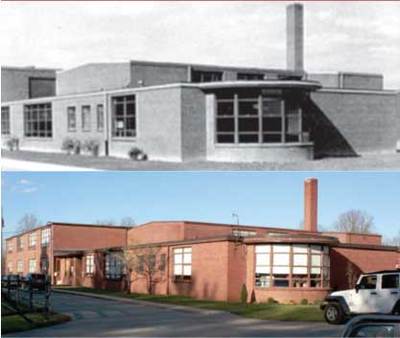
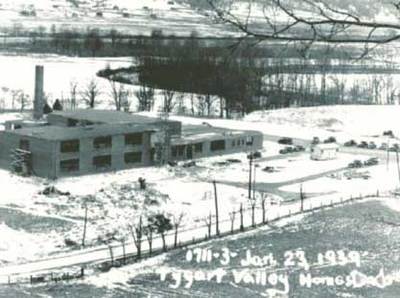
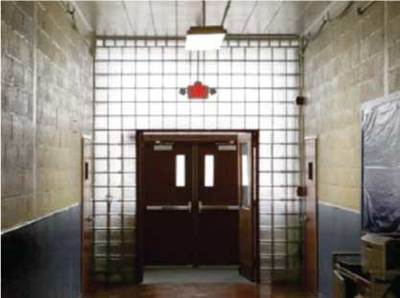
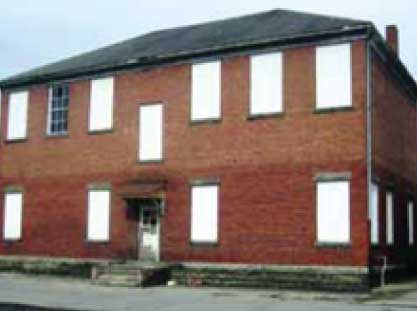
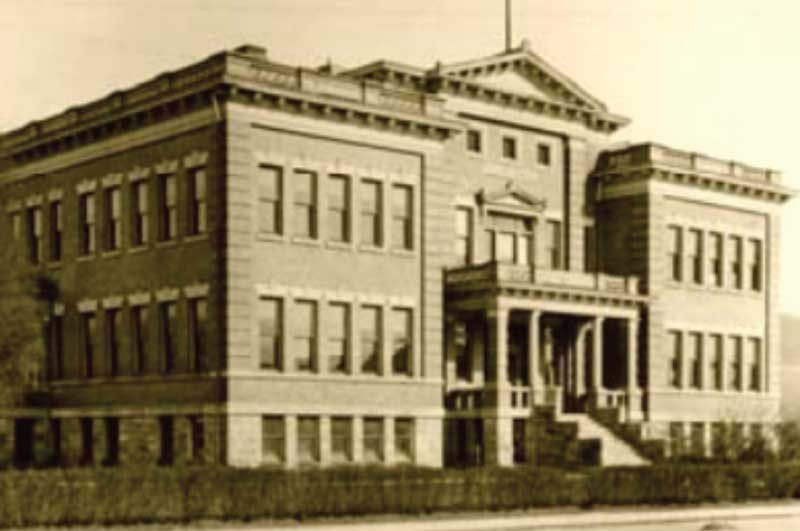
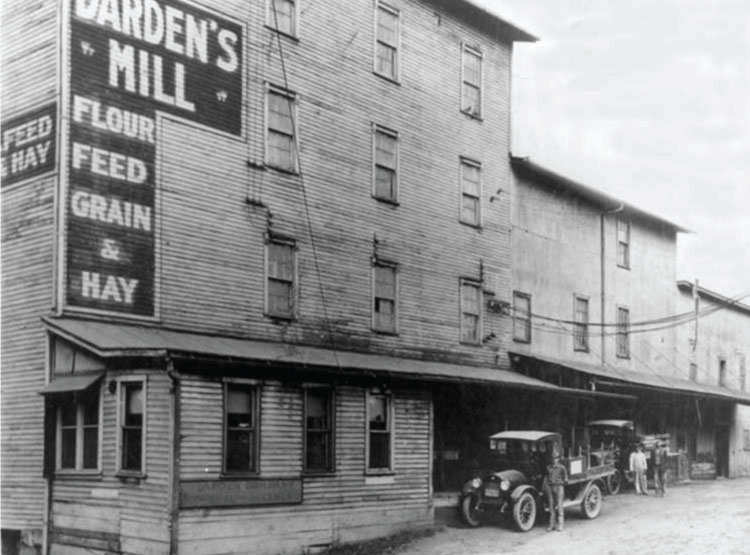
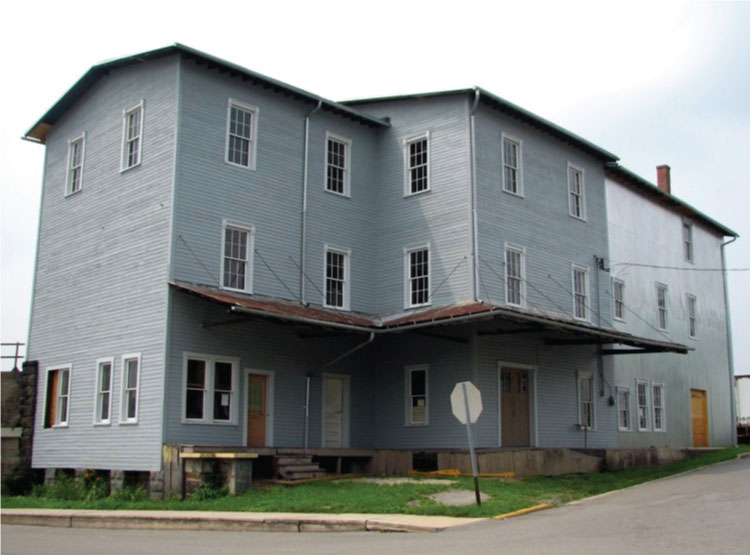
 RSS Feed
RSS Feed



